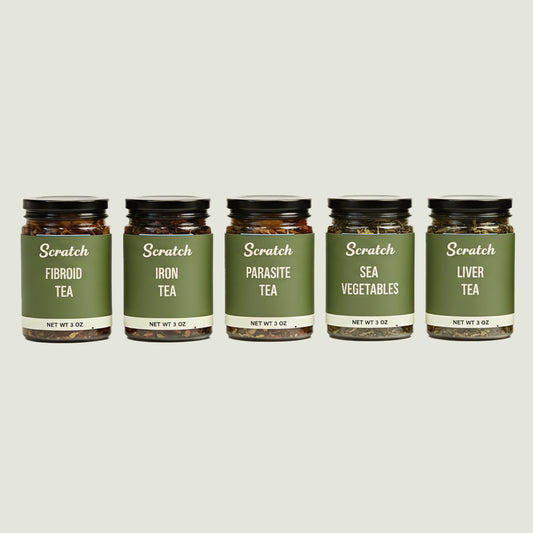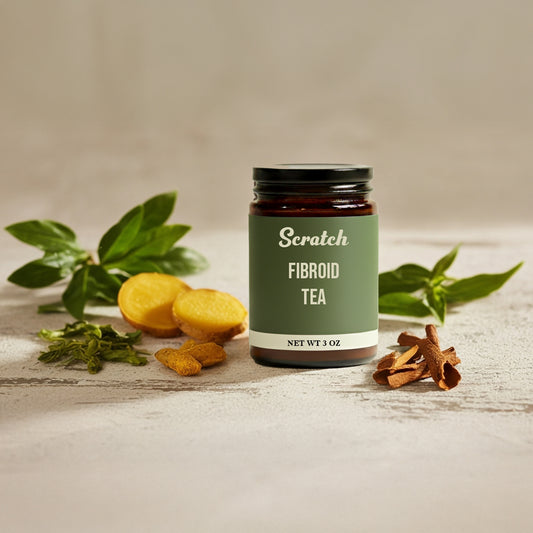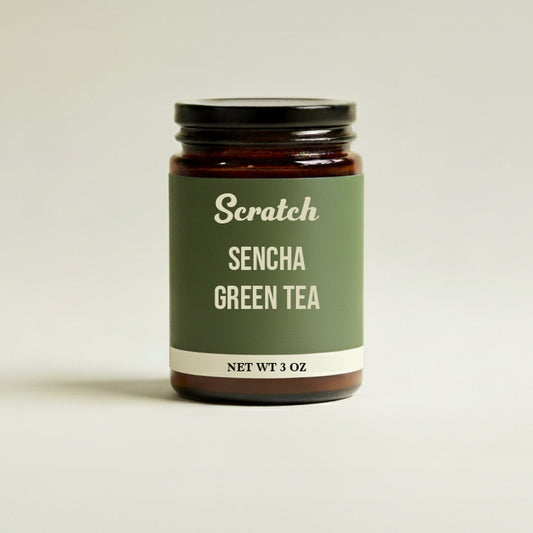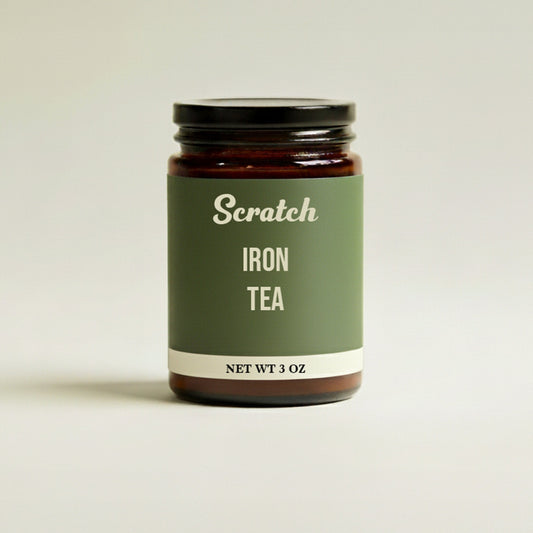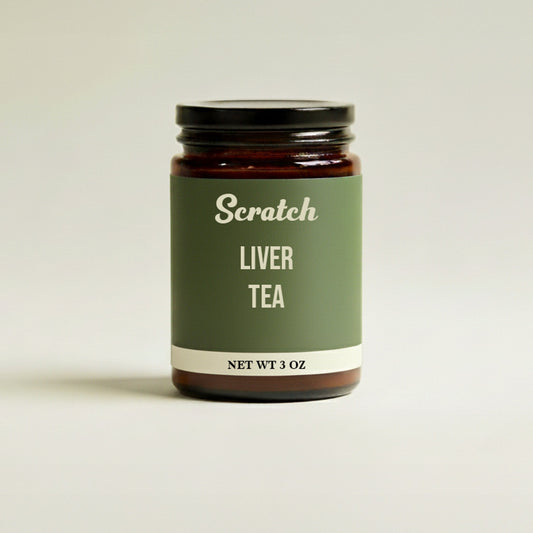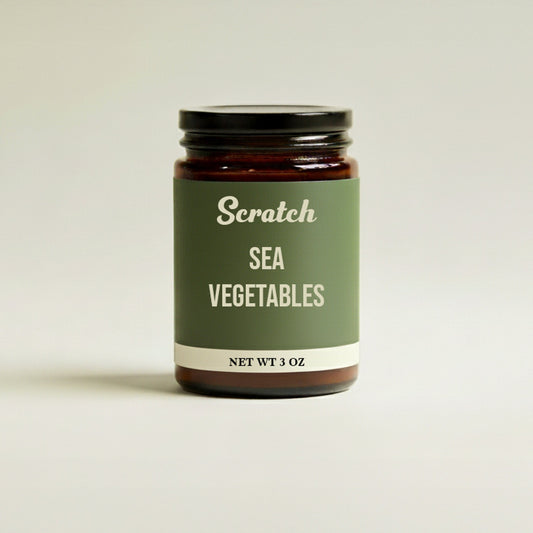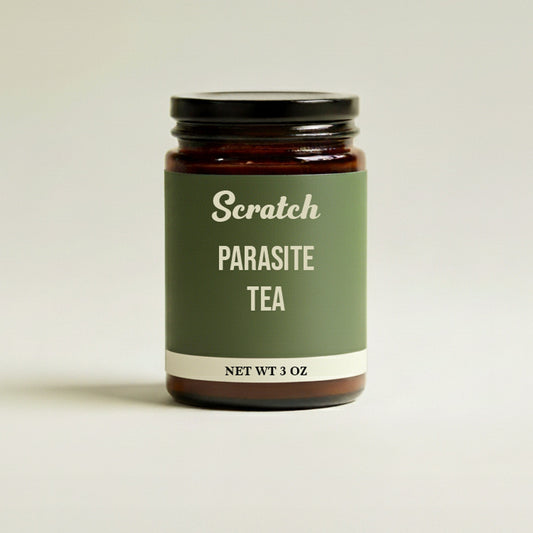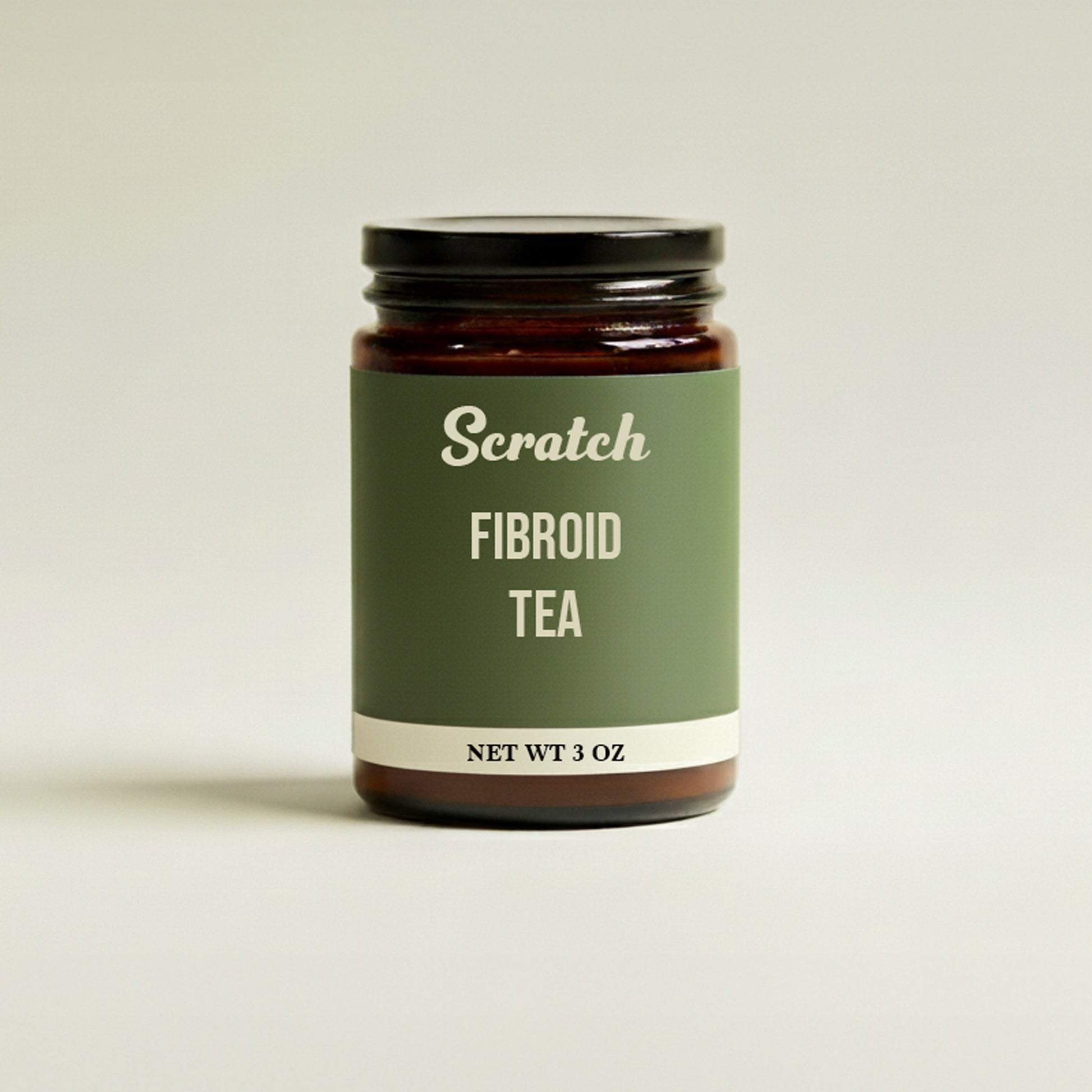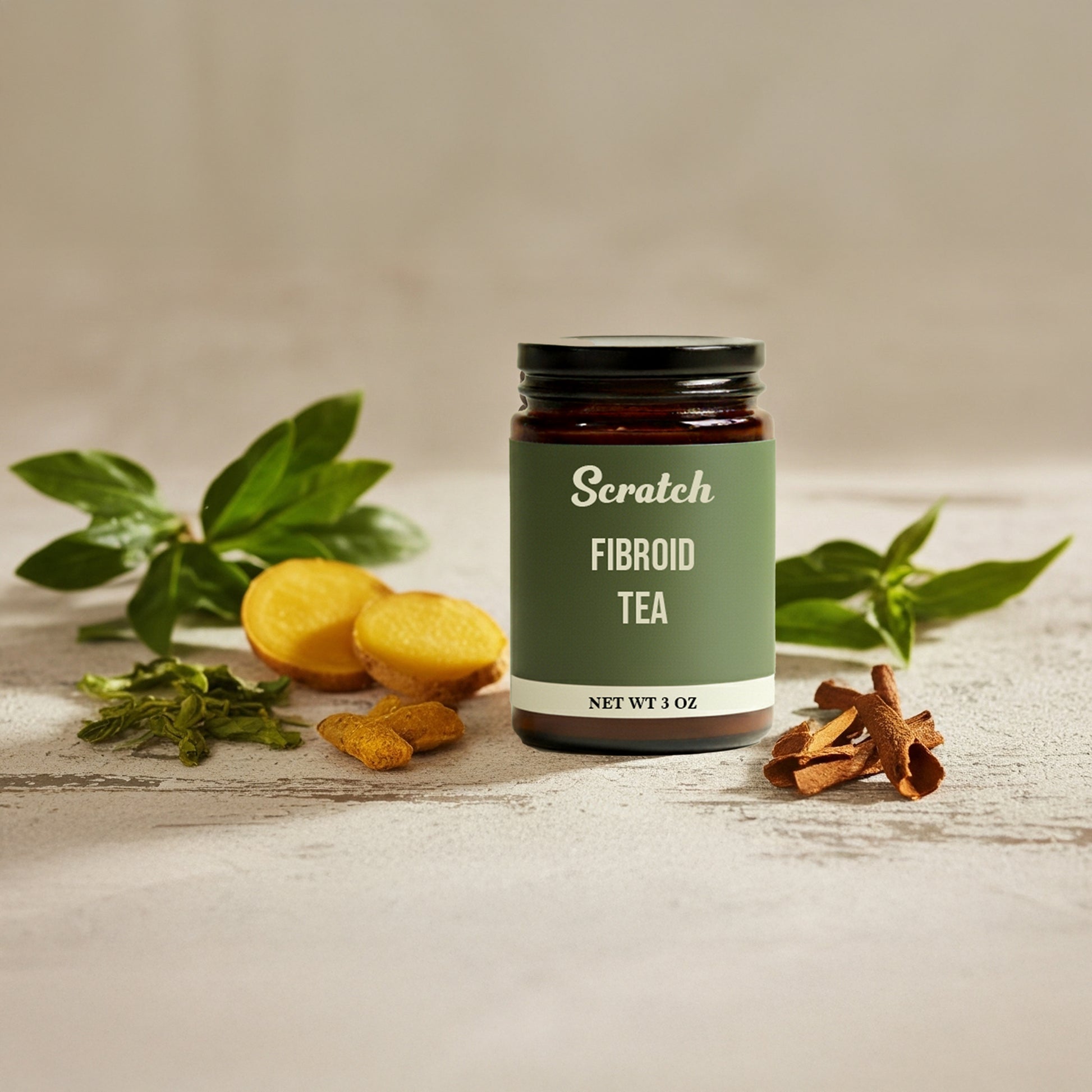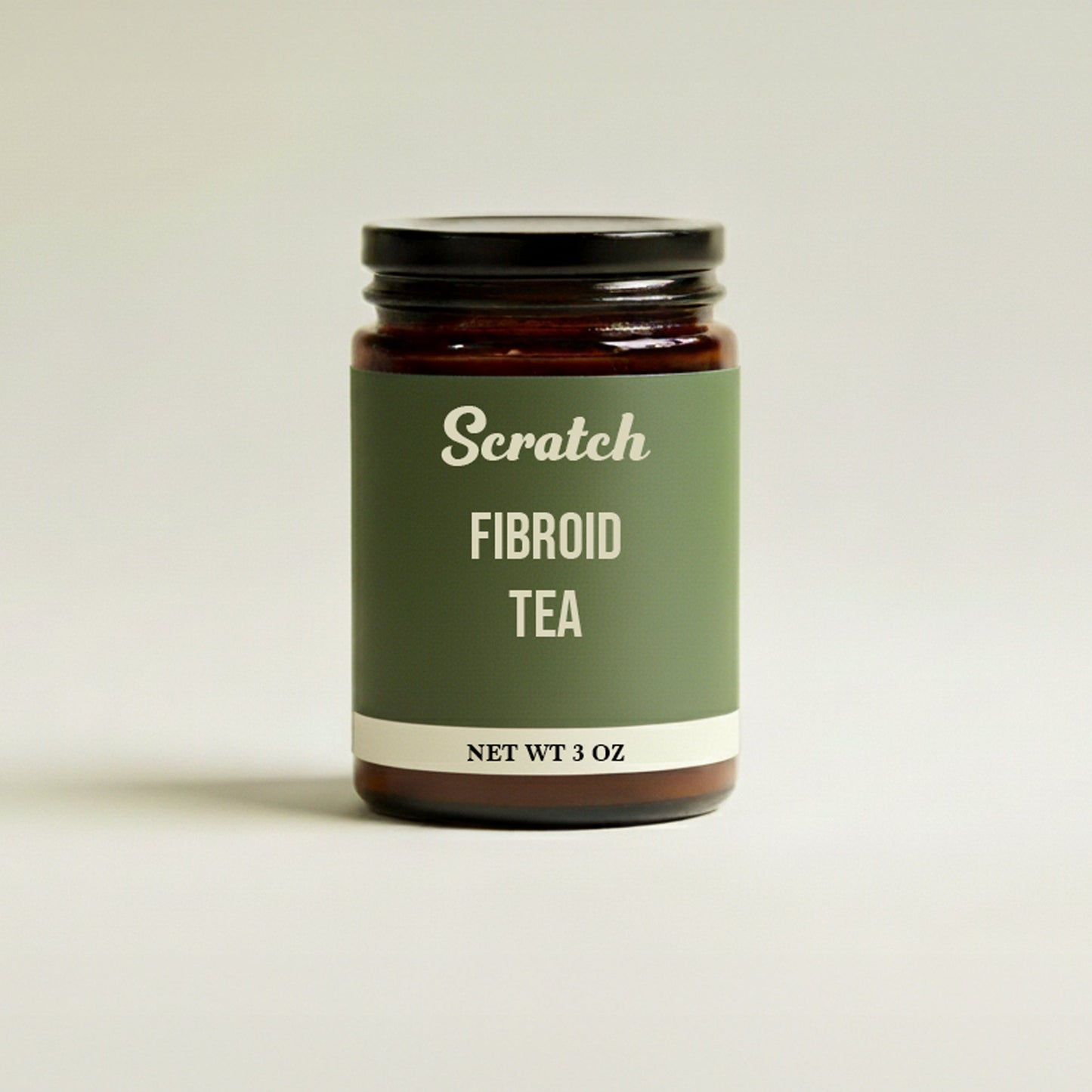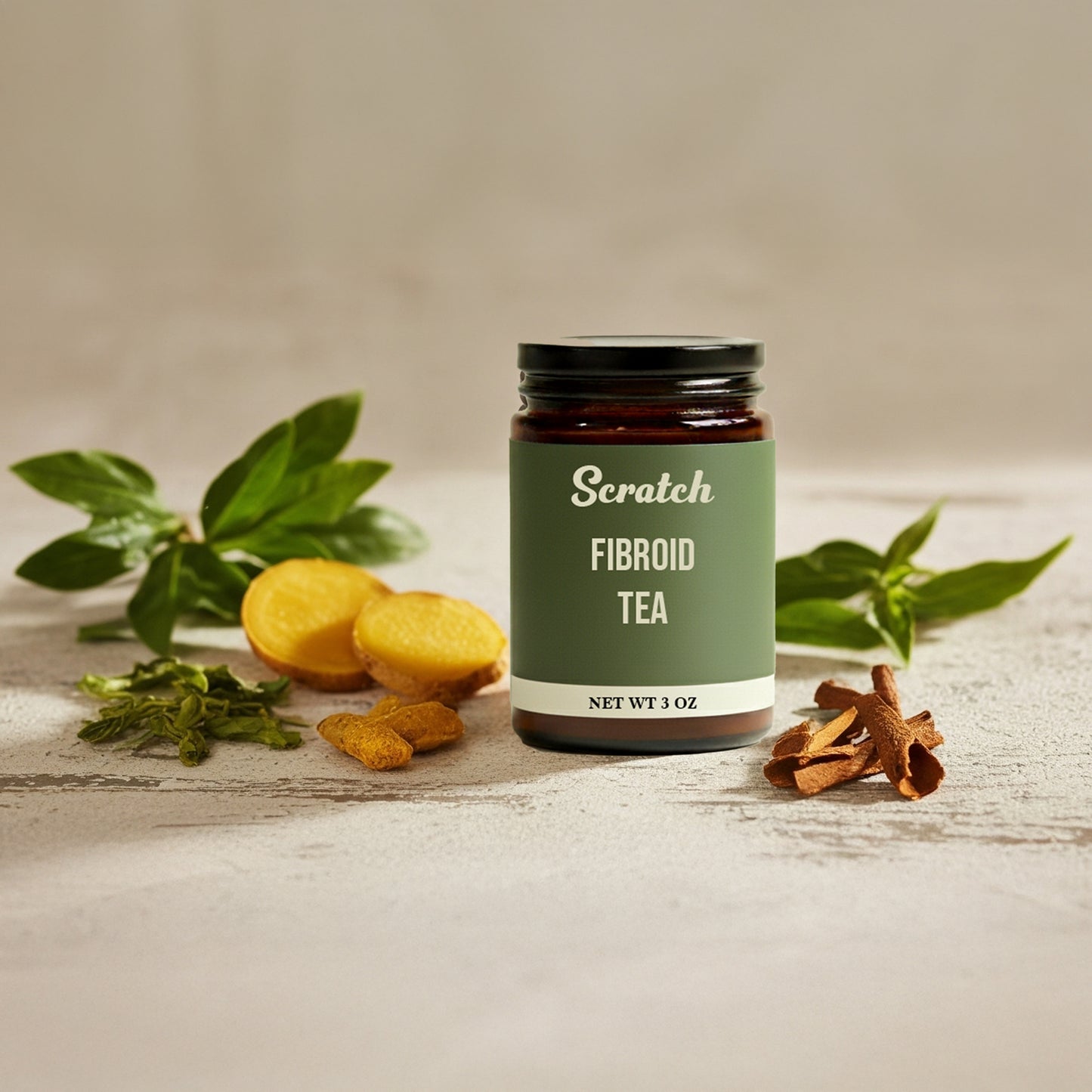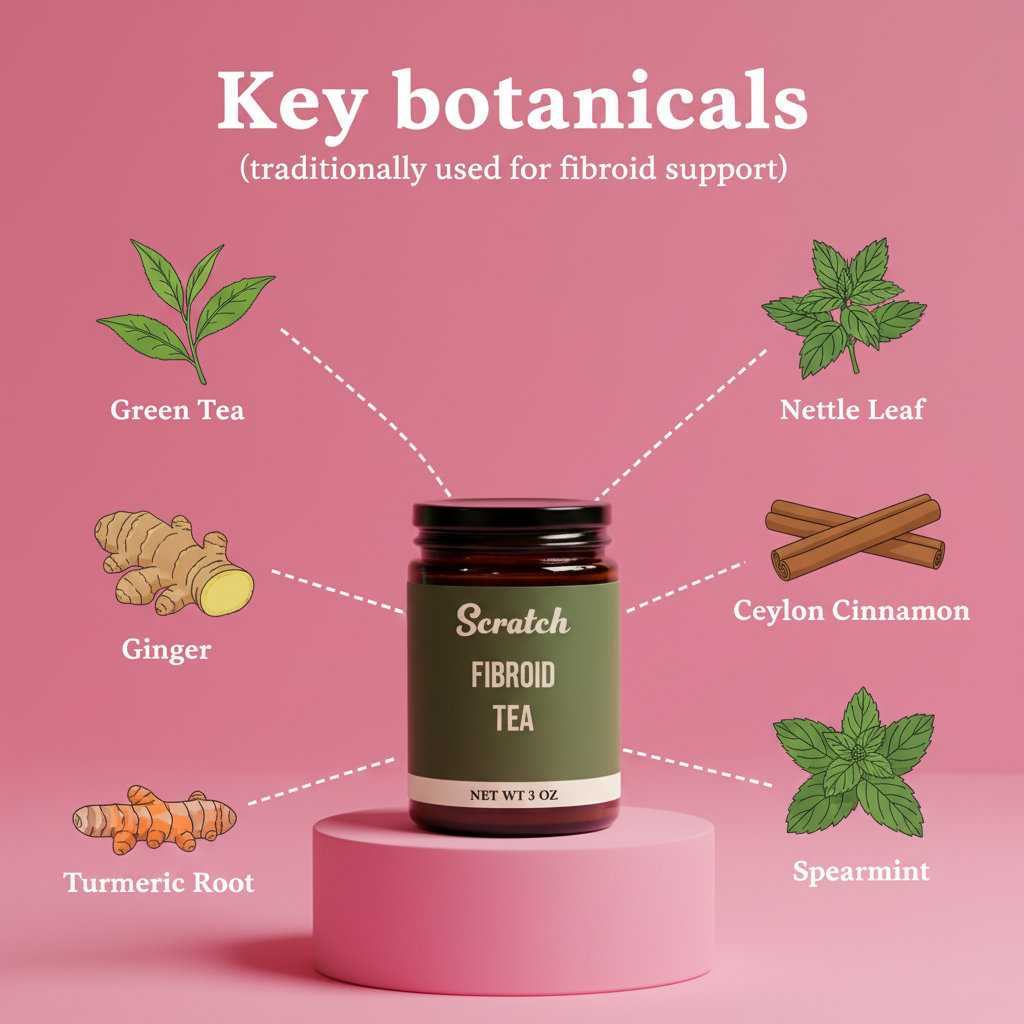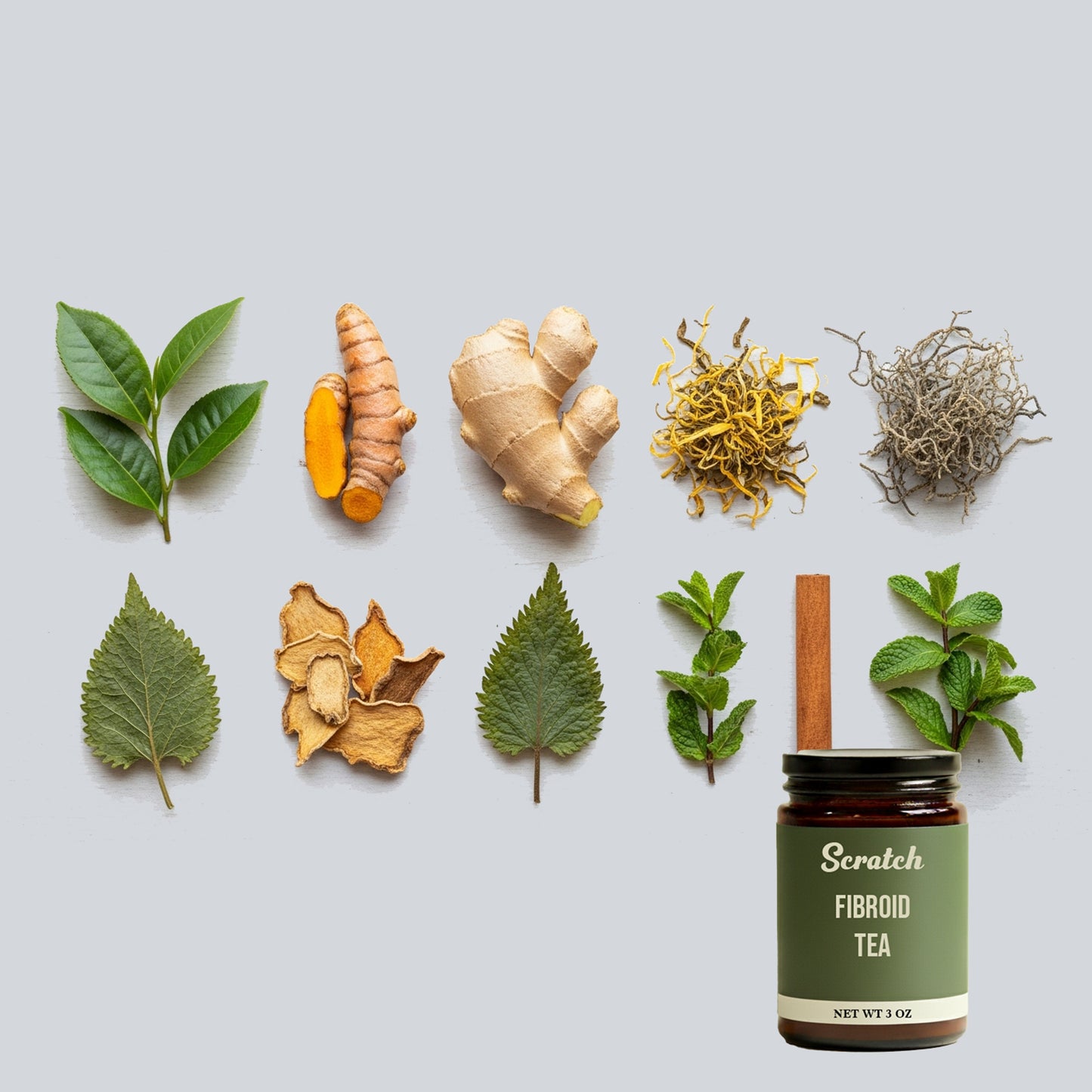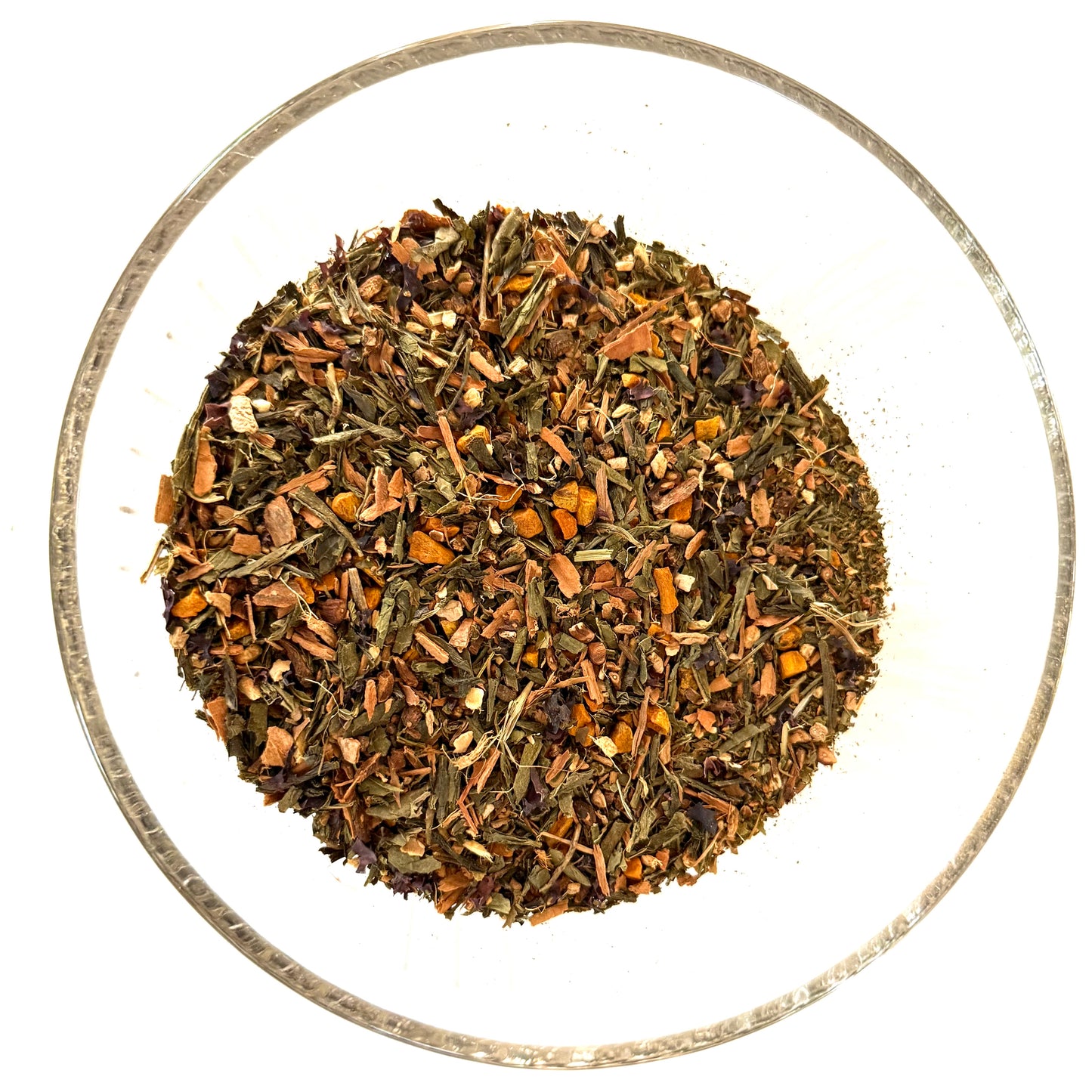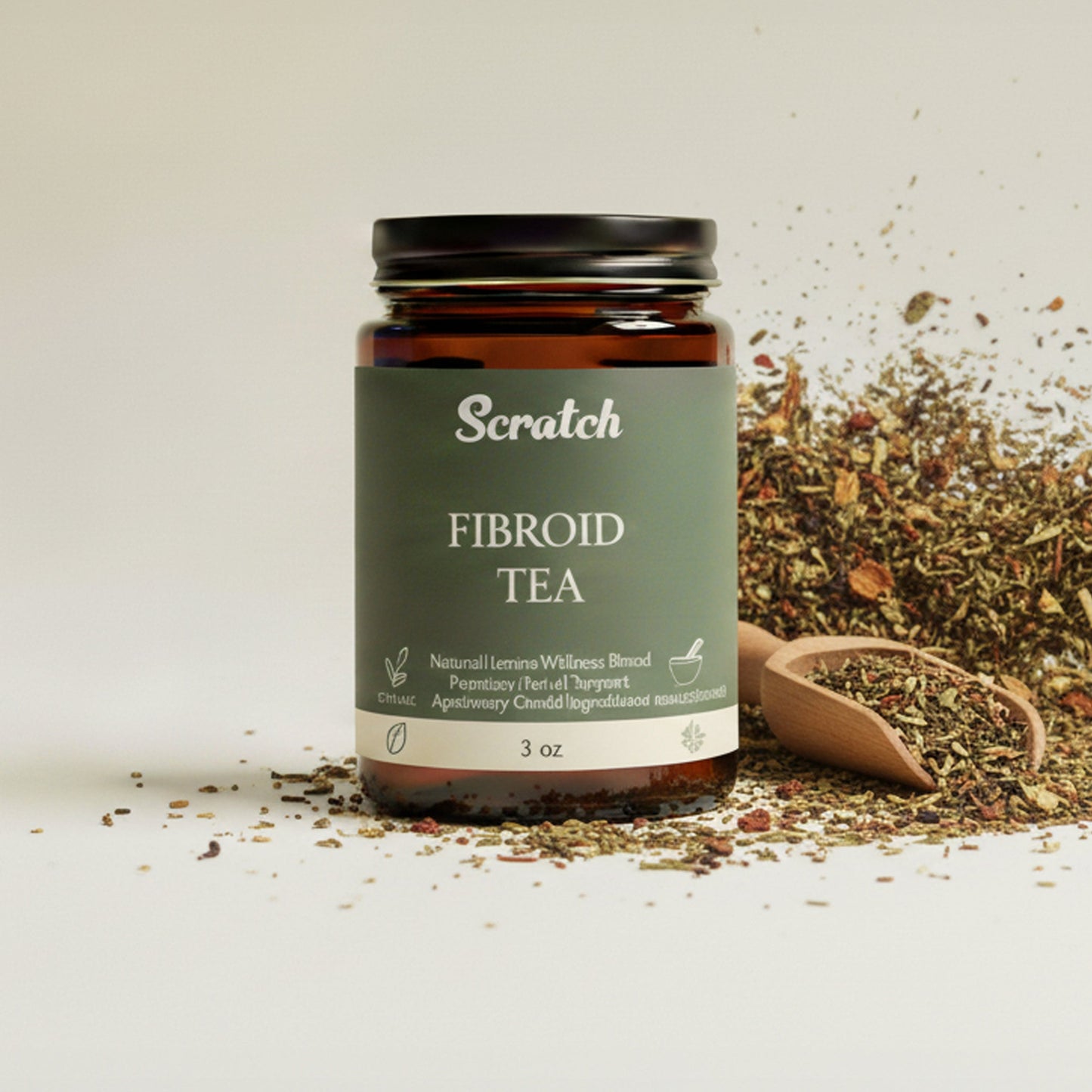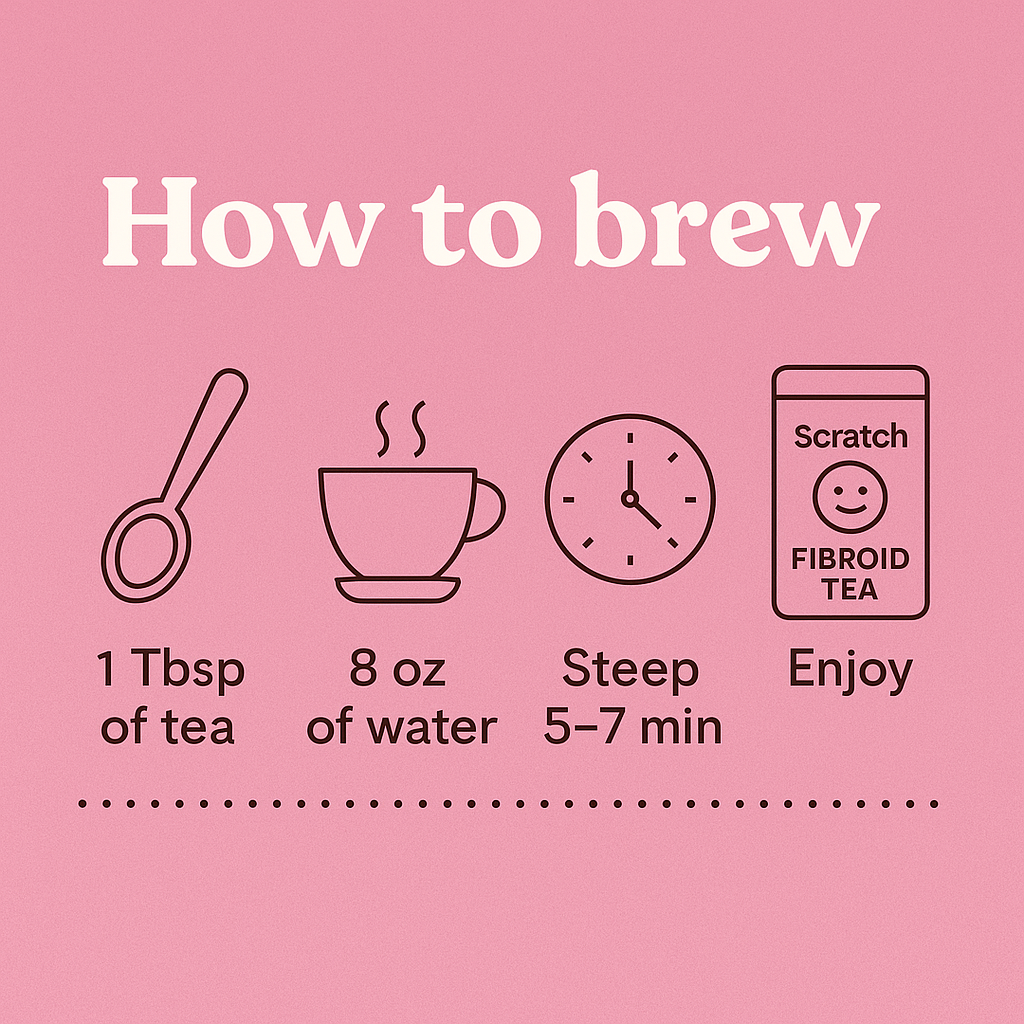Natural Herbs To Help With Fertility for Fibroids: Benefits, Safety, and How to Use
Uterine fibroids are common, noncancerous growths that can affect periods, pelvic comfort, and—depending on size and location—fertility. It’s understandable that many people look to herbs and supplements to support reproductive health while navigating fibroids. This guide reviews what the evidence shows (and doesn’t), which botanicals are most discussed, how to use them safely, and when to seek conventional care. Sources cited include the NIH, NCCIH, ACOG, and FDA.
Can herbs improve fertility if you have fibroids?
Fibroids can reduce fertility by distorting the uterine cavity, blocking fallopian tubes, or altering blood flow and the uterine lining. In those situations, surgical approaches—particularly myomectomy—often provide the most direct improvement in chances of conception and healthy pregnancy. The American College of Obstetricians and Gynecologists (ACOG) notes that treatment choice depends on fibroid size, number, location, symptoms, and reproductive goals.
Herbs may help with general gynecologic symptoms or overall wellness, but rigorous data directly linking botanicals to improved fertility outcomes in people with fibroids are limited. One exception with emerging evidence is green tea extract (EGCG), which has been studied for symptom relief and fibroid size reduction. Even so, no herb has been proven to replace evidence-based fertility or fibroid care.
Herbs and nutrients most often discussed
Green tea extract (EGCG)
Why it’s discussed: Epigallocatechin gallate (EGCG), a major catechin in green tea, has antioxidant and anti-fibrotic properties. Small randomized trials have reported reduced fibroid volume and improved bleeding and quality-of-life scores among participants taking green tea extract compared with placebo. While promising for symptoms, these studies were not designed to measure pregnancy rates, so a direct fertility benefit remains unproven.
Safety notes: Concentrated green tea extracts—not brewed tea—have been associated with rare cases of liver injury. The NIH (LiverTox) and NCCIH advise caution with high-dose extracts and awareness of symptoms such as dark urine, jaundice, or abdominal pain. Avoid if you have active liver disease, limit alcohol, and stop use if you develop concerning symptoms. Green tea extracts can also interact with certain medications.
Chaste tree berry (Vitex agnus-castus)
Why it’s discussed: Vitex may influence prolactin and luteal phase function and is sometimes used for menstrual irregularities. Improved cycle regularity could theoretically support conception for some people.
Evidence caveats: Data for Vitex and fertility are mixed and often not specific to fibroids. There is no strong evidence that Vitex shrinks fibroids or improves live-birth rates in this population. Use with caution if you take dopamine-related medications. Discontinue once pregnancy is confirmed, as safety data in pregnancy are insufficient.
Turmeric/curcumin
Why it’s discussed: Curcumin has anti-inflammatory effects and has shown anti-fibrotic activity in preclinical studies. Some people use it for pelvic discomfort or general inflammation.
Evidence caveats: Human data specific to fibroids and fertility are sparse. Curcumin can interact with anticoagulants and may aggravate gallbladder disease; consult your clinician.
Cinnamon (for select situations)
Why it’s discussed: In people who also have insulin resistance or PCOS, cinnamon has been studied for aiding metabolic parameters and cycle regularity.
Evidence caveats: Fibroids and PCOS are different conditions; cinnamon has not been shown to reduce fibroids or directly improve fertility in fibroid-specific populations. If you do not have insulin resistance, benefits are unlikely.
Traditional formulas (e.g., dong quai, peony blends)
Why they’re discussed: Used in some traditional medicine systems for menstrual health.
Safety caveats: Evidence in modern clinical trials is limited; some formulas can increase bleeding risk or interact with medications. Most are not recommended in pregnancy due to insufficient safety data.
Nutrients to consider alongside medical care
- Iron: Heavy bleeding from fibroids can cause iron-deficiency anemia. Correcting anemia supports overall energy and preconception health. Use clinician-guided dosing and lab monitoring.
- Vitamin D: Low vitamin D status has been linked in observational research to a higher risk of fibroids, though cause-and-effect and fertility impact are not established. Discuss testing and appropriate supplementation with your clinician; avoid excess.
What actually moves the needle for fertility with fibroids
While supportive botanicals may help some symptoms, fertility improvement often hinges on addressing fibroid anatomy and other medical factors:
- Confirm the diagnosis and map fibroids with imaging (ultrasound; sometimes MRI).
- Discuss fertility-sparing options such as myomectomy if fibroids distort the uterine cavity or block tubes.
- Review medications that manage symptoms (e.g., short-term hormonal therapies) and how they interact with conception plans.
- Optimize general preconception health: treat anemia, maintain a healthy weight, manage thyroid or prolactin abnormalities, and time intercourse or procedures appropriately.
How to use herbs wisely (if you choose to)
- Consult your OB-GYN or a fertility specialist first. Share your goals and supplements you’re considering. Ask whether your fibroid size/location makes conception unlikely without procedural treatment.
- Prioritize one change at a time. If you and your clinician agree to try a botanical (e.g., green tea extract), choose a single-ingredient product and monitor symptoms, cycles, and side effects for 2–3 cycles.
- Choose quality. Look for third-party testing (USP Verified, NSF Certified) to reduce the risk of contamination or mislabeling. Avoid “proprietary blends” that obscure exact doses.
- Use conservative durations. If there’s no clear benefit after a few cycles—or if side effects occur—stop and reassess with your clinician.
- Know when to stop. Discontinue most herbs as soon as pregnancy is suspected or confirmed unless your prenatal clinician advises otherwise.
Safety checkpoints and interactions
- Pregnancy and breastfeeding: Safety data for many herbs are limited; default to avoidance unless specifically recommended by your clinician.
- Liver health: Concentrated green tea extracts have a known, albeit rare, risk of liver injury. Use only under guidance, avoid high-dose products, and stop at any sign of liver trouble.
- Medications: Botanicals can interact with anticoagulants, antiplatelets, hormone therapies, and fertility medications. Always provide a full medication list to your healthcare team.
- Bleeding risk: Some herbs may increase bleeding; use extra caution if you have heavy periods from fibroids or are planning surgery.
When to see a specialist
Seek care if you have very heavy bleeding, anemia, severe pelvic pain or pressure, difficulty conceiving after 6–12 months (sooner if you’re 35+), or a history of pregnancy loss. A reproductive endocrinologist can help determine whether removing or treating fibroids will meaningfully improve your chance of pregnancy.
Bottom line
A few botanicals—most notably green tea extract—show early promise for easing fibroid symptoms, but high-quality evidence that herbs improve fertility outcomes in people with fibroids is limited. Use supplements cautiously and in partnership with your clinician, and focus on proven, fertility-sparing medical options when fibroid anatomy is the driver of infertility.
References and trustworthy resources
- ACOG. Uterine Fibroids: Patient FAQ: https://www.acog.org/womens-health/faqs/uterine-fibroids
- NCCIH. Green Tea: https://www.nccih.nih.gov/health/green-tea
- NIH LiverTox. Green Tea Extract: https://www.ncbi.nlm.nih.gov/books/NBK547925/
- NIH Office of Dietary Supplements. Iron Fact Sheet (Consumer): https://ods.od.nih.gov/factsheets/Iron-Consumer/
- NIH Office of Dietary Supplements. Vitamin D Fact Sheet (Consumer): https://ods.od.nih.gov/factsheets/VitaminD-Consumer/
- FDA. Dietary Supplements: https://www.fda.gov/food/dietary-supplements
- USP Verified Supplements: https://www.usp.org/verification-services/verified-products and NSF Certified Supplements: https://www.nsf.org/consumer-resources/supplement-certification
This article is informational and not a substitute for personalized medical advice. Always consult your healthcare professional about diagnosis and treatment options for fibroids and fertility.

